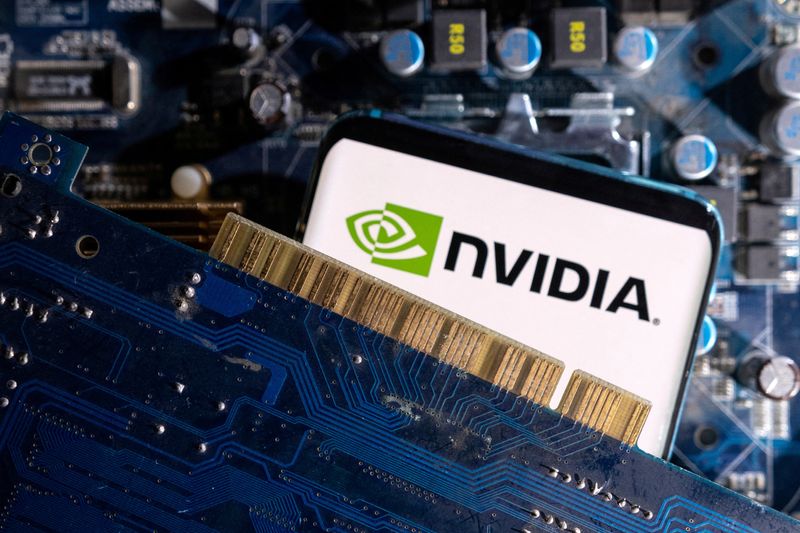Global governments are joining the AI spending surge, allocating billions to establish domestic computing facilities dedicated to artificial intelligence. According to Wall Street Journal, this investment wave spanning Asia, the Middle East, Europe, and the Americas, offers a burgeoning revenue stream for tech giants, especially AI darling Nvidia (NASDAQ:).
The report notes that countries are expanding their budgets and introducing incentives to stimulate the construction of new data centers and the upgrade of existing ones with specialized computer chips, predominantly from Nvidia.
These efforts aim to foster local AI development and train large language models (LLMs) using native languages and citizen data. The primary motivations include achieving greater strategic self-reliance amidst escalating U.S.-China tech tensions and protecting local cultures and national security in an AI-driven world. Many nations, feeling sidelined during the mobile phone and cloud-computing revolutions, are determined not to repeat past mistakes.
Nvidia recently projected that sovereign AI initiatives will generate nearly $10 billion this year, up from zero last year. The company reported $26 billion in quarterly revenue, almost half of which came from major cloud-computing firms renting access to its chips.
“There is a tremendous amount of anxiety among some governments about how the generative AI revolution is going to impact their economies,” said Pablo Chavez, a former Google (GOOGL) and Microsoft (MSFT) policy executive now at the Center for a New American Security.
“They want to have a little bit more influence and control this time around,” he added.
This governmental push is proving lucrative for Nvidia and other U.S. tech companies involved in constructing and operating data centers. As private-sector demand for AI tools shows signs of slowing, these firms are keenly seeking new growth avenues.
Singapore stands out as a significant investor in sovereign AI, with its national supercomputing center receiving upgrades featuring Nvidia’s latest AI chips. State-owned telecom Singtel is also expanding its data center presence in Southeast Asia in partnership with Nvidia. Moreover, Singapore is spearheading an LLM trained on Southeast Asian languages.
Other notable projects include Canada’s recent pledge of $1.5 billion for a sovereign computing strategy targeting startups and researchers, and Japan’s investment of approximately $740 million to enhance domestic AI computing capabilities following a visit from Nvidia CEO Jensen Huang.
China, Kenya, and several countries in Europe are also playing an important role in the sovereign AI push.
For Nvidia, the surge in national AI initiatives offers a counterbalance to potential declines in purchases from its core tech-company customers like Microsoft, Amazon (AMZN), and Google. Although NVDA’s sales growth has slowed in recent quarters, analysts remain optimistic about future revenue increases.
“The trajectory of climbing sales to cloud-computing giants clearly cannot be sustained,” noted analysts at CFRA Research. However, they believe Nvidia can continue to benefit from the AI boom through other avenues.
As global governments ramp up their AI investments, Nvidia and its counterparts are poised to reap substantial rewards, securing their positions at the forefront of this transformative technological wave.
Read the full article here
















